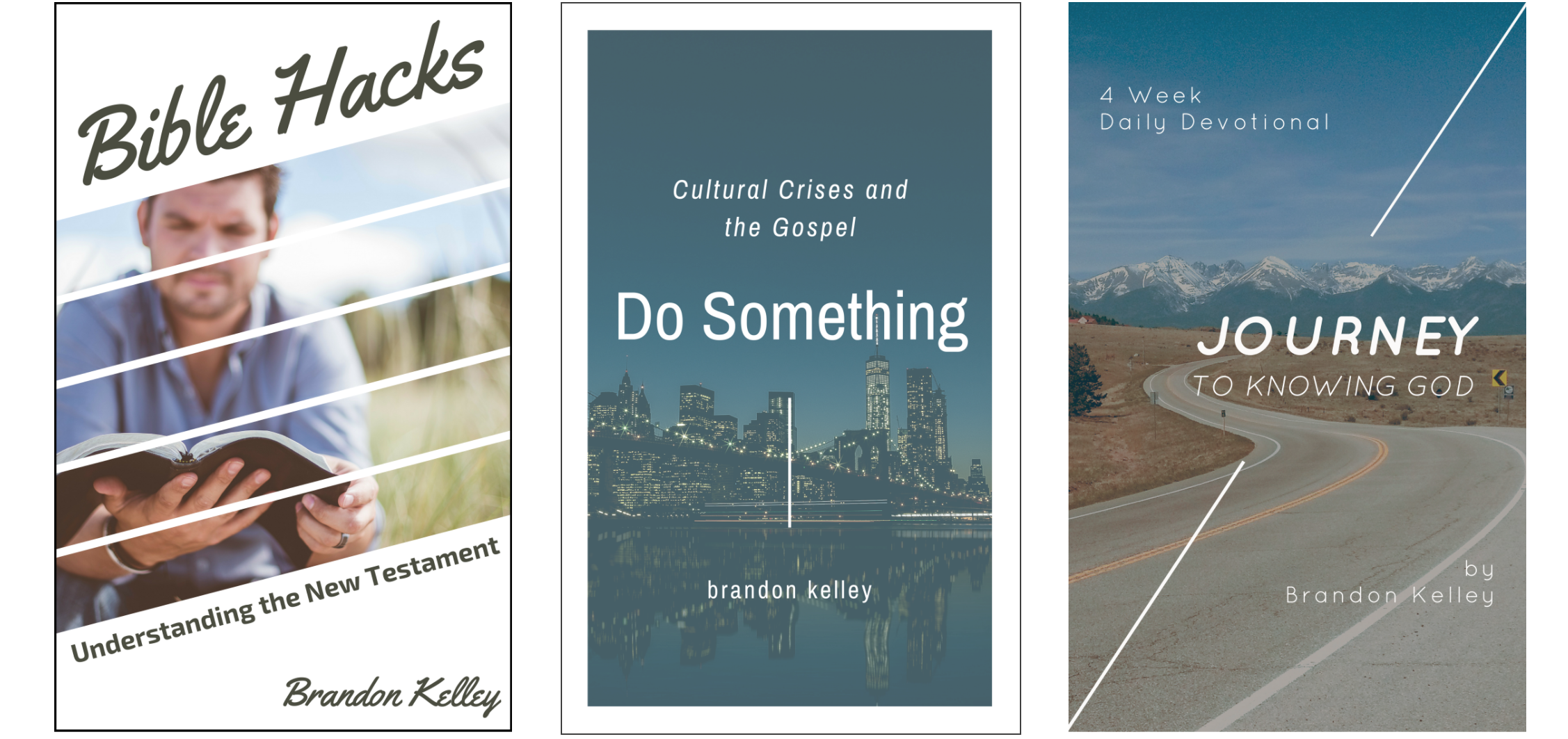Are you ready for dissent? You should be.
If human history and, specifically, church history has taught us anything, we should know that there are ebbs and flows to Christianity’s acceptance in the wider culture. From its beginning and for 300 years, Christianity was against the grain of every other worldview. It wasn’t accepted. It was, at times, persecuted.
But then Constantine converted, and with that, as Bruce Shelley puts it, the church “moved swiftly from the seclusion of the catacombs to the prestige of palaces.” With this position of influence, the Church stepped into the driver’s seat on setting the moral direction of an entire society.
Jump ahead. It’s 2017. The West is, for the most part, post-Christian. A fewer percentage of people, than in America’s recent history, identify as Christians. And even fewer people who identify as Christians hold to a biblical worldview. For instance, Barna recently published a study showing that 61 percent of practicing Christians hold certain beliefs that come from New Age Spirituality.
In recent years, we’ve seen the courts change the definition of what marriage is. And this has sparked conversations around the tables of denominational leaders, theologians, and church leaders. Should the Church soften its stance on marriage? Should the Church stick to what is biblical? Well, what is really biblical? Does the Bible really teach against this or that sin? Or is it just a certain type of that “sin” that is actually sin? Do you follow?
The 20th Century came with these same kinds of challenges and subsequent conversations between theologians, denominational leaders, and church leaders. The industrial revolution was in full force and science was being emphasized greatly. This led to a decision, for many churches, to emphasize the morality of the Christian faith and downplay the miracles of the Christian faith. Trevin Wax responds:
It’s easy to think that the best way for Christianity to grow is to emphasize the palatable parts for a culture and avoid the offensive. But surely the last century shows us that the very claims that were most embarrassing to a scientific age became the most attractive elements of Christianity.
In other words, the churches that decided to not downplay, but even overemphasize the miracles of the Christian faith have been the churches who have experienced the most growth since.
Are You Ready for it?
As the West becomes more and more post-Christian, the Church in the West has a choice: be for what God is for or be what culture is for.
Our precious way of life in the West is not being informed and guided by a biblical ethic. And most of us are aware of this.
Many looked to the political process to try and restore a biblical ethic in the courts and in the government. Time will tell. But, my hope is that more and more Christ followers who are politically engaged will wake up and see that the political process isn’t going to ignite revival in America, nor should it.
With new technologies only a handful of years away (maybe a decade), we will easily see our culture drift further and further away from what we deem as right and good.
So what shall we do?
Christians Today Must Be Ready for Dissent
As our culture continues to change what is the norm, we have a choice: follow their lead or dissent. Christianity is no longer in a position of power in the West. We are where we probably belong: the fringe.[shareable]As our culture continues to change what is the norm, we have a choice: follow their lead or dissent.[/shareable]
When we see our culture drift in a direction that is harmful to those who follow it (in belief, in practice, or in both), we must dissent.
When we see truth being attacked, we must dissent.
When we see injustices being perpetrated and perpetuated, we must dissent.
When we see cheap love being advocated, we must dissent.
When we see ourselves being persecuted, we must dissent. But let’s pause here. Yes, this is the perfect place. What would we dissent from if we were persecuted? What does dissent look like for the Christian?
But Not in the Way You Might Think
What does dissension look like in the life of a Christian? Let’s see.
When we see ourselves being persecuted, we must respond with love and dissent from hate.
When we see cheap love being advocated, we must lift up and show what sacrificial love looks like.
When we see injustices being perpetrated and perpetuated, we must fight against them, lifting up the truth that all people are made in the image of God and should be treated as such.
When we see truth being attacked, we must embody both grace and truth. We are called to, “as far as it depends on [us], live at peace with everyone” (Romans 12:18).
When we see our culture drift in a direction that is harmful to those who follow it (in belief, in practice, or in both), we must show them a different option – God’s direction, God’s way, the gospel.
Christianity has never been about the acquisition of power. We are strongest at our meekest. We shine the light of Christ brightest when we follow His means to His ends.
This won’t be easy for many of us. We have felt, for quite a long time, that Christianity was in the driver’s seat of the West’s morality. But not only are we not in the driver’s seat, we aren’t in the same vehicle. Instead, we are driving a 4×4 through a narrow path in the woods, a path not so often traveled.
In the hustle and bustle of our time, we must dissent from the highway of our culture and, instead, show and invite the people around us to join us on a better journey.
Following Jesus means dissension from the powers that be. We know this. But the dissent is only the beginning. What we dissent to is just as important. And we must constantly ask ourselves: is what we are dissenting to Christ and His way, or is it something different?
Only Christ and His way are worth dissenting to.[shareable]Christianity has never been about the acquisition of power. We are strongest at our meekest.[/shareable]
Do You Hold a Biblical Worldview?
 If we don’t know God’s word, we are going to be tossed this way and that way by our culture’s next obsession. But the only way we’ll know it is if we read it.
If we don’t know God’s word, we are going to be tossed this way and that way by our culture’s next obsession. But the only way we’ll know it is if we read it.
Having a biblical worldview is vital to engaging culture with the gospel. This is why I created Bible to Inbox.
Join the 30-day challenge where you’ll receive a couple Bible verses in your inbox every day, for 30 days.
Engage Culture With the Gospel
I’d love to go on this journey of following Jesus with you and help you engage culture with the gospel. So let’s be email friends. I’d love to send you a copy of my two free eBooks: Bible Hacks: Understanding the New Testament and Do Something: Cultural Crises and the Gospel. And I’d love to give you my free daily devotional: Journey to Knowing God. You’ll get all this (and updates with new content) when you subscribe to the blog.

